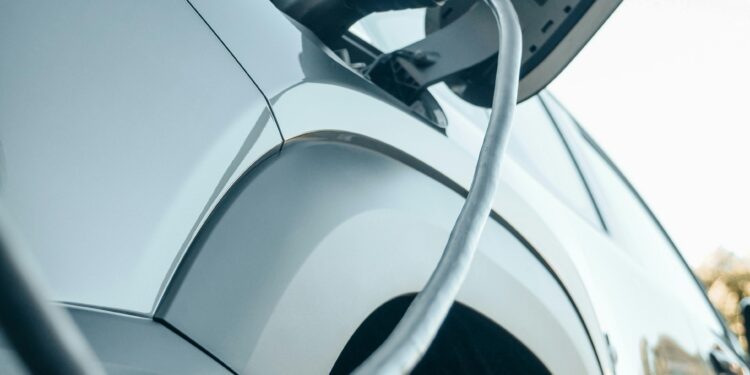The European Union and China have initiated consultations to address the EU’s recent decision to impose higher tariffs on Chinese electric vehicles (EVs). This move comes as German Vice-Chancellor Robert Habeck visited Beijing to alleviate tensions between the two economic powers.
China’s Ministry of Commerce announced that both parties have agreed to launch consultations on the anti-subsidy investigation conducted by the EU last year, which resulted in the imposition of tariffs of up to 48% on Chinese EVs. The video conference between Chinese Minister of Commerce Wang Wentao and EU Executive Vice-President and Trade Commissioner Valdis Dombrovskis facilitated this agreement.

Germany, a key player in the EU’s automotive industry, has expressed concerns over the tariffs, which could have far-reaching implications for its carmaking sector. The Chinese market is crucial for German automakers, making Berlin vulnerable to potential retaliatory measures by Beijing. China has already launched an anti-dumping investigation into EU pork products, signaling a potential escalation of the trade dispute.
During his visit, Habeck emphasized the need for a comprehensive approach to resolve the tariff issue, highlighting the significant increase in Chinese trade with Russia, including dual-use goods. He urged both parties to engage in constructive dialogue to resolve their differences and promote a mutually beneficial trade relationship.
This development marks a significant step towards resolving the EU-China trade dispute, demonstrating the commitment of both parties to diplomatic efforts and a willingness to engage in constructive dialogue. As the global economy continues to navigate the complexities of international trade, this development serves as a testament to the importance of cooperation and collaboration in resolving disputes and promoting economic growth.

















